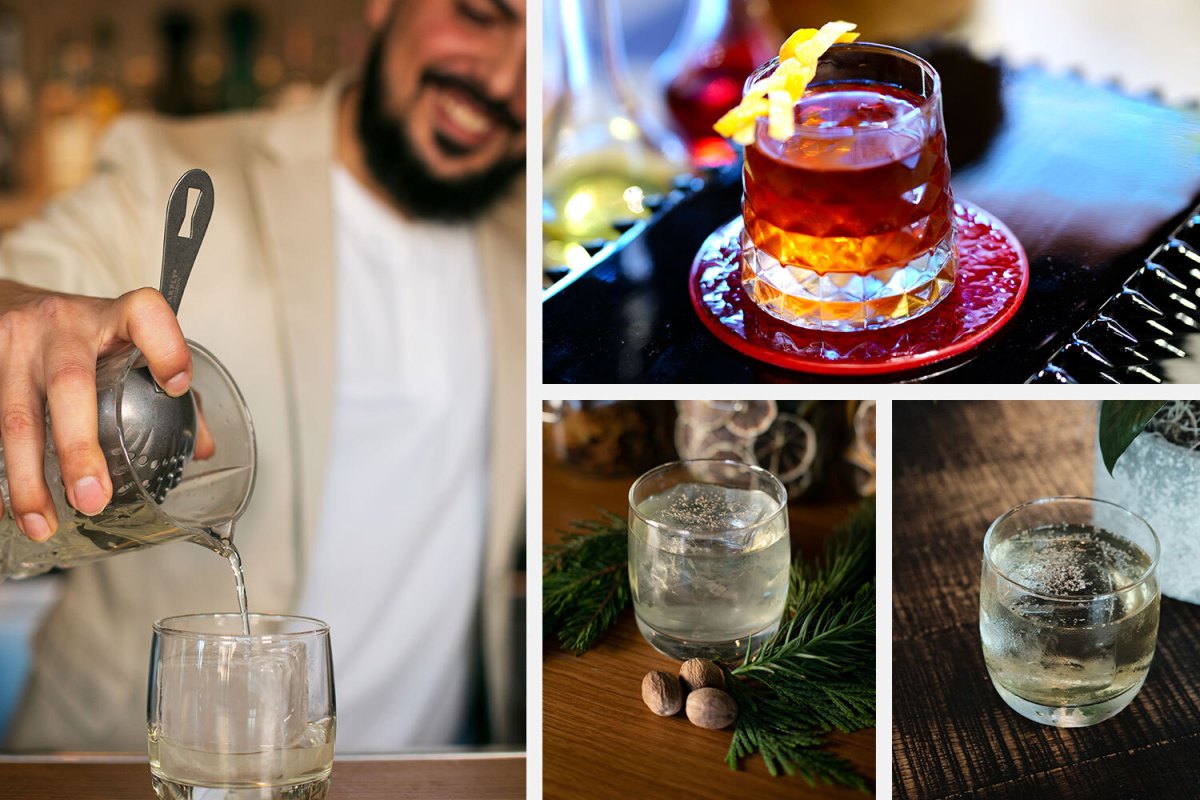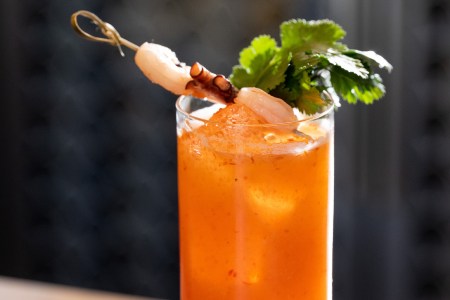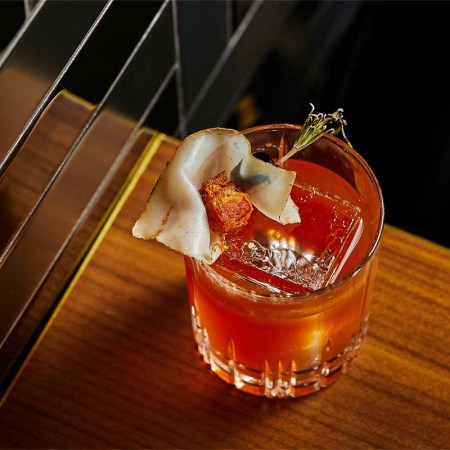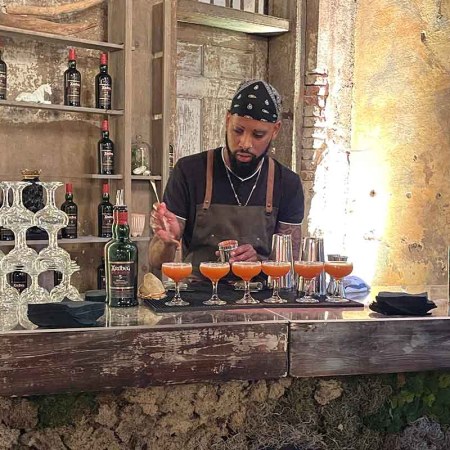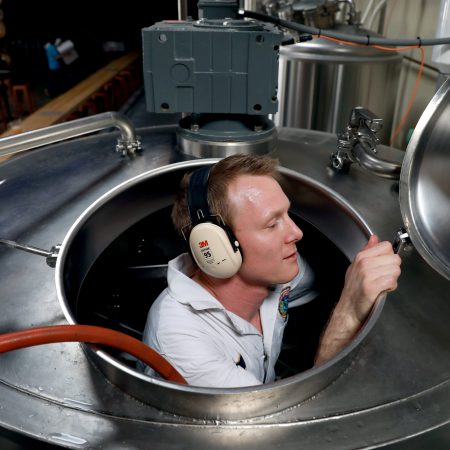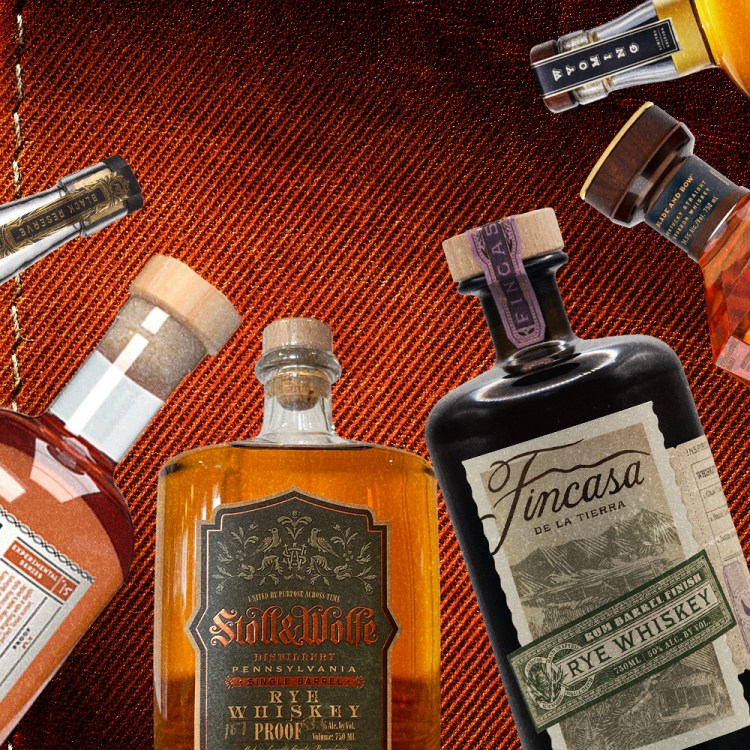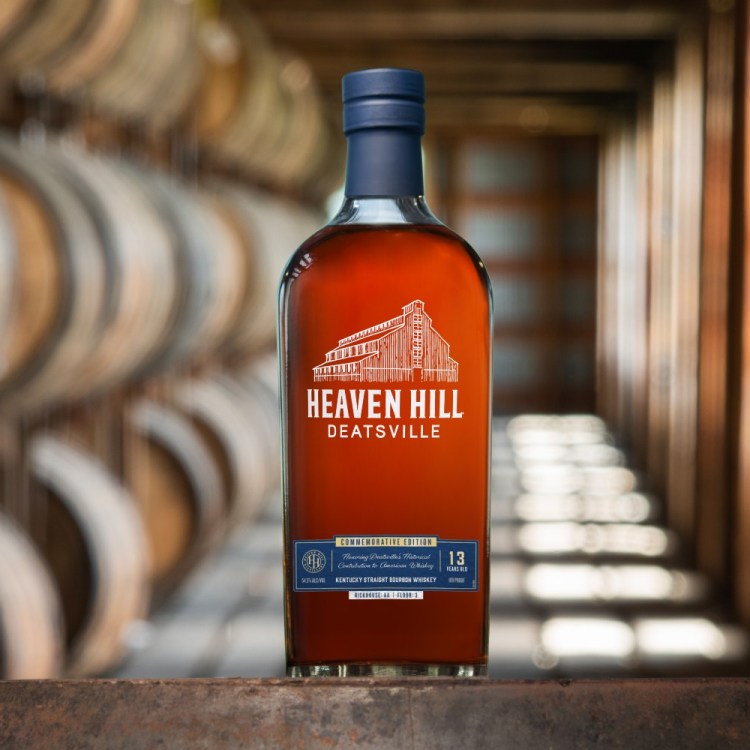Fat-washing is all the rage in top cocktail spots across the Bay Area, lending unique flavor characteristics and sought-after texture to spirits and resulting cocktails. But this technique is far from out of reach for home bartenders with a bit of patience. After all, it really boils down to leaving a spirit and a fat to infuse for a matter of hours, before chilling and straining off any residue for a silky finish. While it may be a bit time intensive, there’s nothing innately difficult about it, and the depth and complexity it affords to a wide range of spirits is well worth the effort.
To do this at home, you’ll first need to settle on a spirit you want to wash. For this, 1 Hotel’s beverage manager, Andre Sierra, recommends opting for something on the higher-octane side.
“The high alcohol content in spirits like bourbon and gin facilitates the extraction and integration of flavors from the fat-washing process,” he says.
Next, you’ll need to choose the fat with which you’ll wash your liquor. Here, anything is game: At Akikos, Quade Marshall and Carson Dean often use rendered duck or wagyu fat to wash their liquors, seeing as these byproducts from the kitchen might otherwise be wasted. Sierra, meanwhile, opts for a combo of coconut milk and coconut cream for a fat-rich, plant-based approach.
“This combination of coconut milk and coconut cream creates a balanced and flavorful fat-washing agent, resulting in a harmonious infusion of flavors when washing our liquors,” says Sierra. “The addition of coconut components adds a unique twist to the traditional fat-washing technique, enhancing the overall taste and ensuring a vegan-friendly end product.”
Pure coconut oil, meanwhile, would allow for a quicker infusion, Sierra explains, seeing as it has a higher concentration of fats.
“Though they’re both coconut-based, the cream and oil absolutely create different end results and distinctive tastes,” he says, noting that pure coconut oil would lend more intense coconut aromas than his milk/cream combo.
Have You Had a Wagyu-Washed Cocktail Yet?
Meaty concoctions are taking over SF drink menus. Here’s where to try them.And the choices don’t stop here. According to Sierra, nut oils like walnut oil, almond oil or hazelnut oil can, unsurprisingly, lend a nutty note to cocktails, while seed oils like pumpkin seed oil or sesame oil lend unique, vegetal flavors to infused spirits.
“Extra virgin olive oil, particularly the milder varieties, can be used for a subtle infusion in certain cocktails,” he says. “Avocado oil has a smooth and buttery texture that can impart a creamy element to the infused spirits.”
You can even play with flavored oils like chili oil, truffle oil or infused herb oils. The choice of fat, Sierra says, is a great way to mirror the flavors inborne in the liquors.
“For example, when fat-washing bourbon, the fats used can impart subtle nuances such as hints of creamy coconut or a velvety texture,” he says. “These flavors harmonize with the inherent characteristics of bourbon, enhancing its richness and providing a unique twist to classic bourbon-based cocktails.”
When fat-washing gin, meanwhile, “the fats employed can introduce delicate botanical notes that complement the gin’s herbal and citrus components.”
And these notes are only magnified when the fat-washed spirit is mixed into a cocktail. At 1 Hotel’s Terrene, fat-washed Wild Turkey bourbon finds its way into a clarified punch; fat-washed Botanist gin is used in an eggnog-spiked “Nogroni.”
“As always, it’s important to consider the compatibility of the chosen plant-based fat with the specific cocktail and spirit you are working with,” says Sierra. “Experimentation is key, so don’t hesitate to try different plant-based fats to discover exciting flavor combinations in your fat-washed cocktails.”
Once you’ve settled on your ingredients, it’s time to infuse. And while the method will remain largely the same, you’ll need to experiment to find your desired intensity. When it comes to volumes, start with four parts fat to one part alcohol, and adjust from there.
Gently heat the fat until it becomes fully liquid, Sierra suggests, before combining it with the alcohol. Allow the mixture to infuse at room temperature somewhere between 24 and 48 hours, depending on your desired flavor intensity. Finally, strain the mixture using a fine-mesh strainer or cheesecloth. (Chilling the liquid allows you to more easily capture the fat.) The resulting alcohol can be stored in the fridge, ready to use for all of your creations.
“Take your time when straining and filtering the mixture to remove solids,” he suggests. “Taste and adjust the flavor by repeating or diluting if necessary, and most importantly, have fun experimenting!”
Every Thursday, our resident experts see to it that you’re up to date on the latest from the world of drinks. Trend reports, bottle reviews, cocktail recipes and more. Sign up for THE SPILL now.
